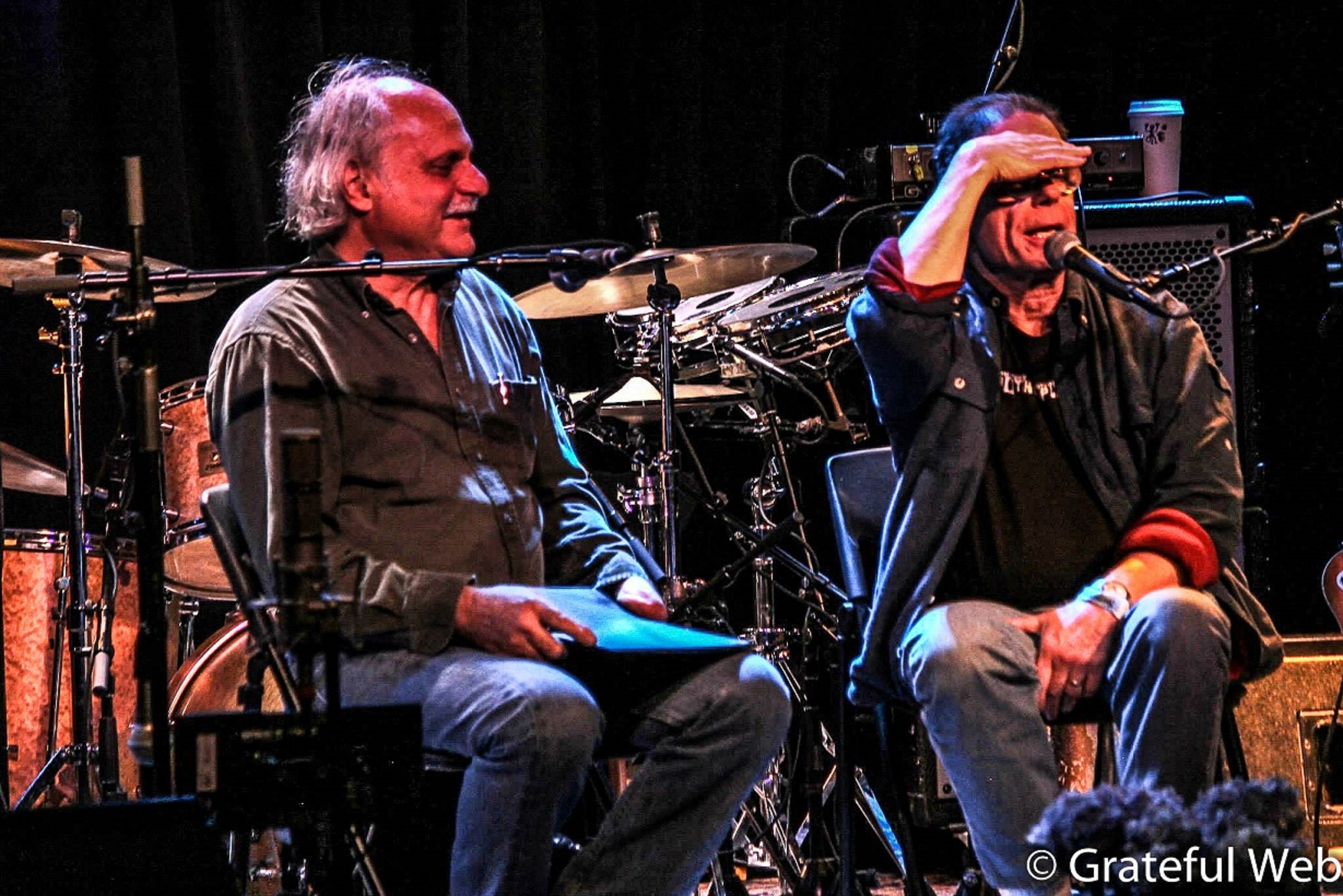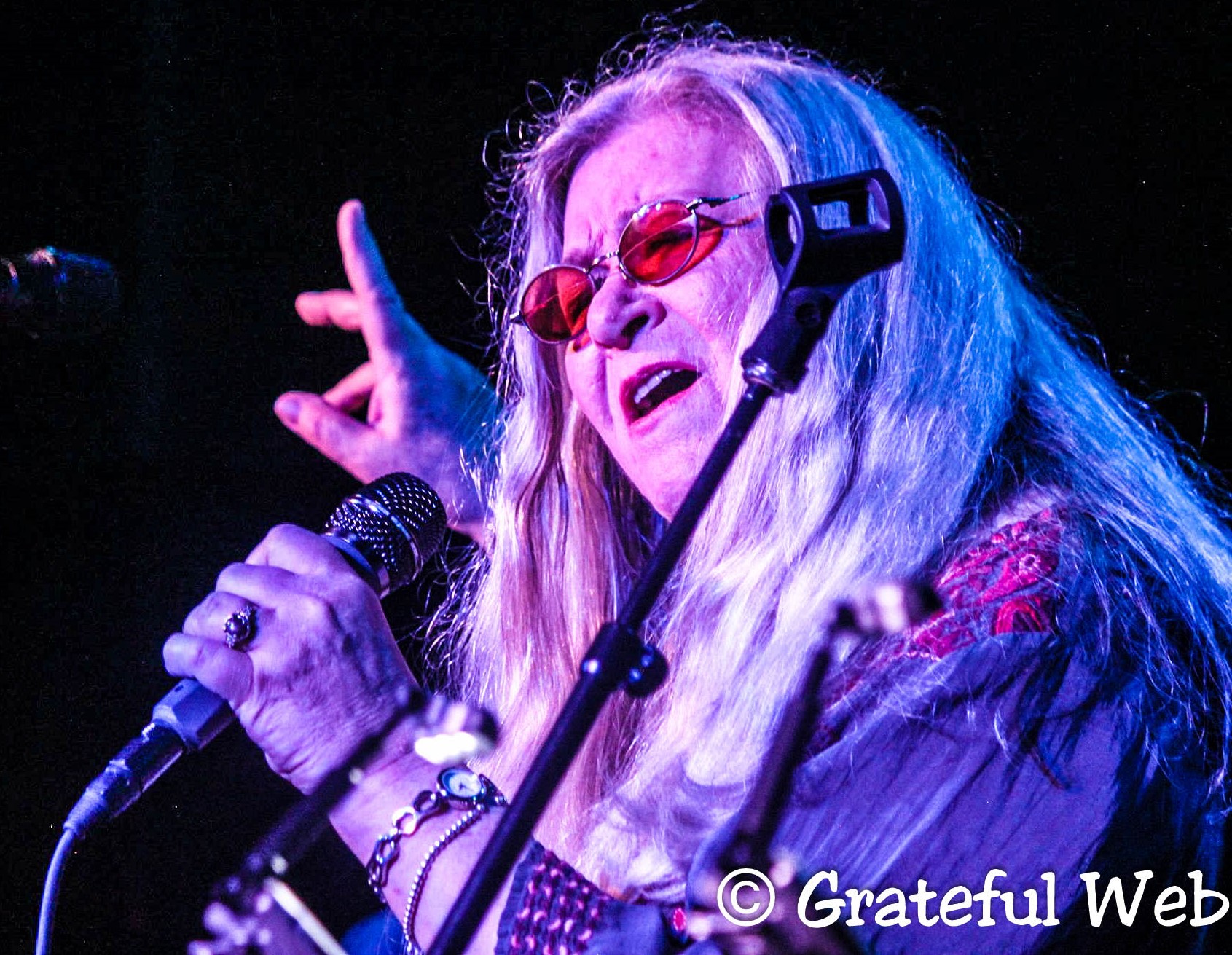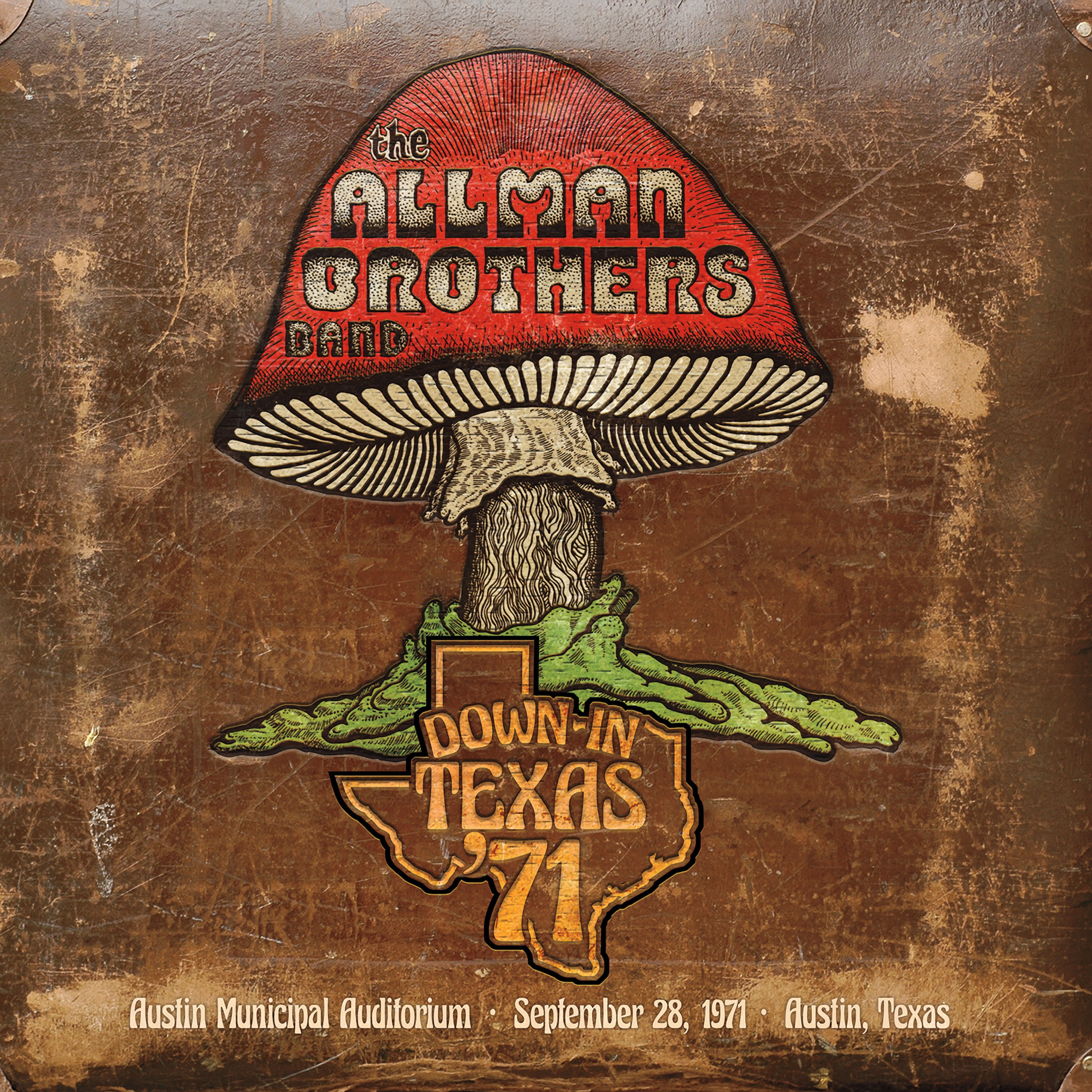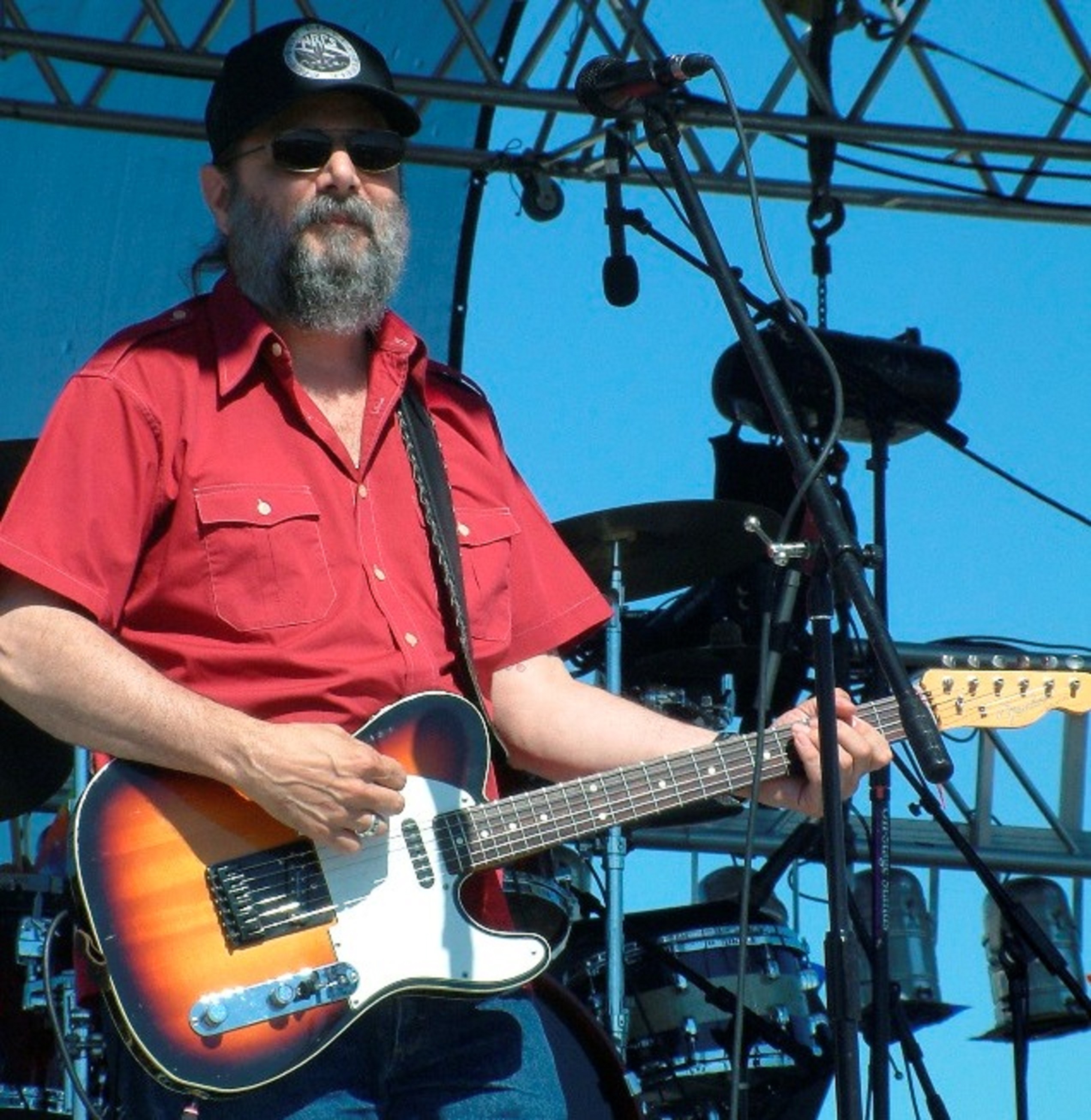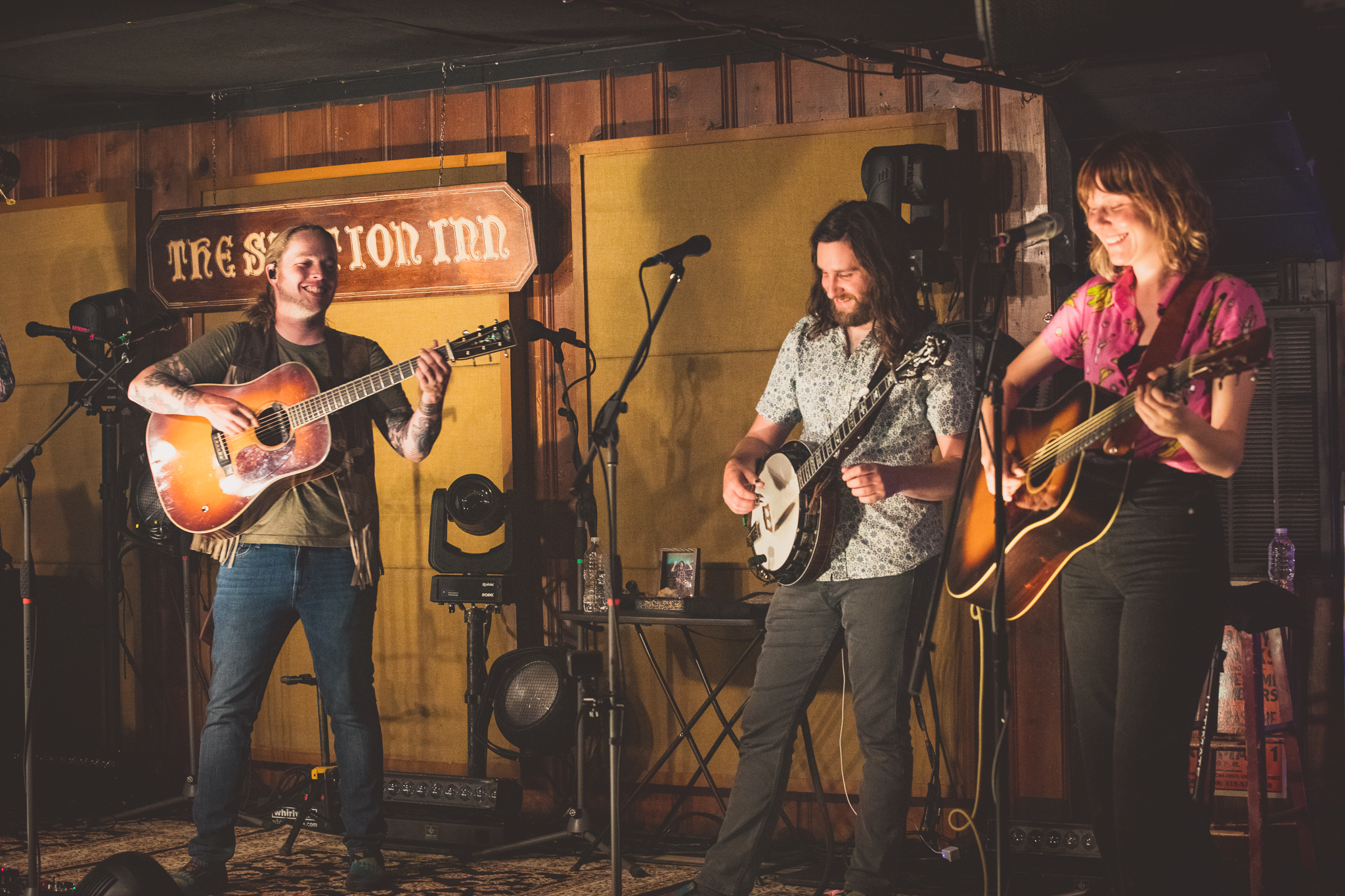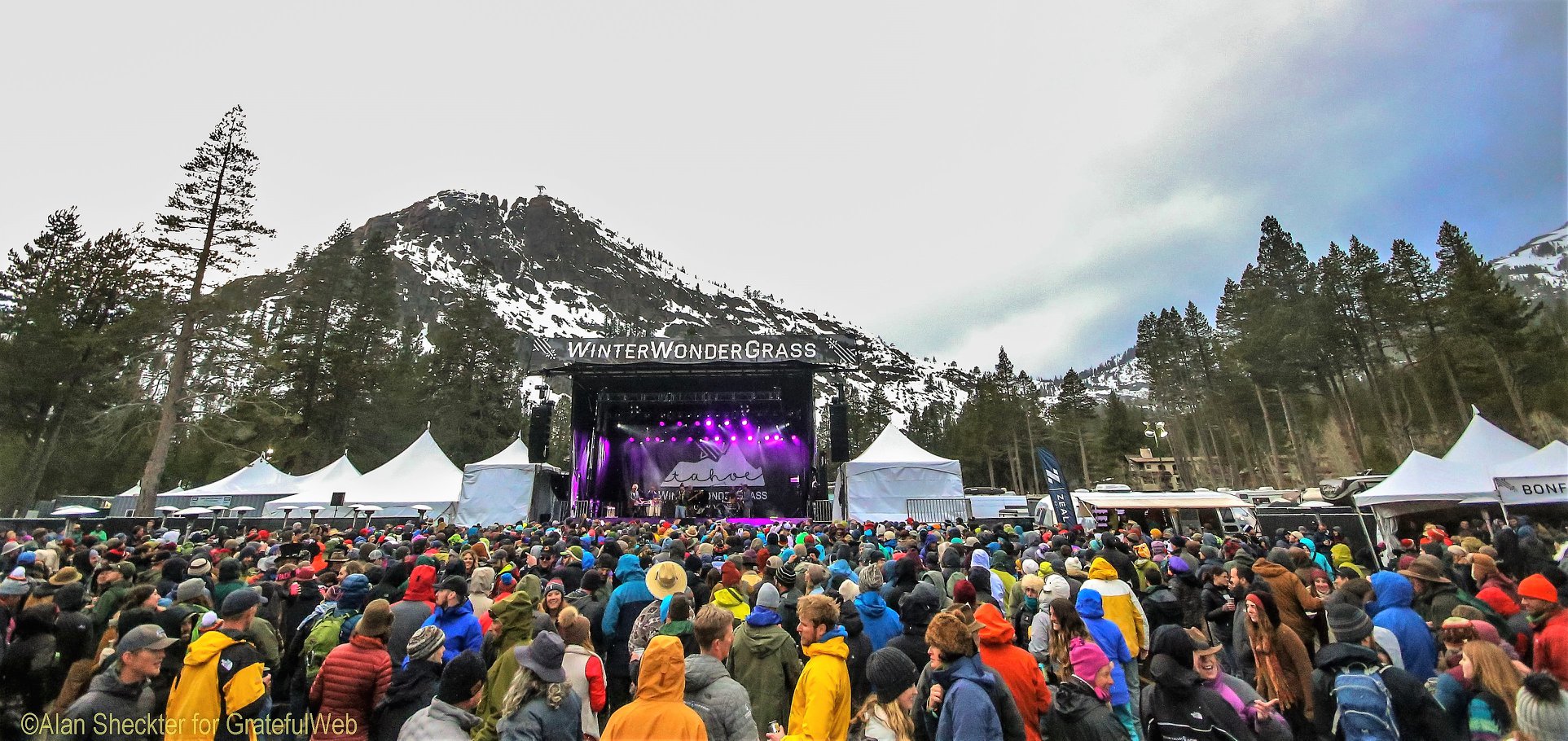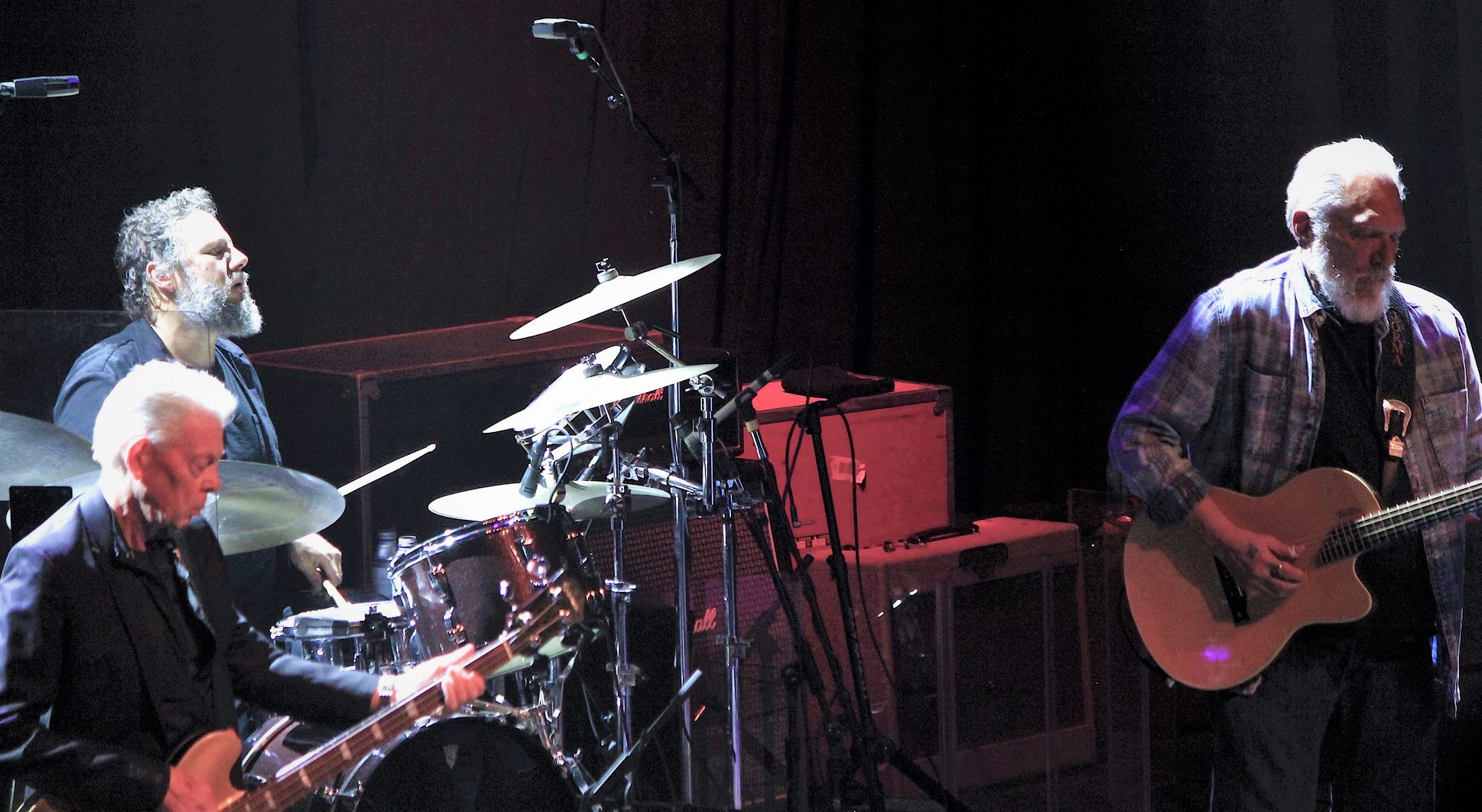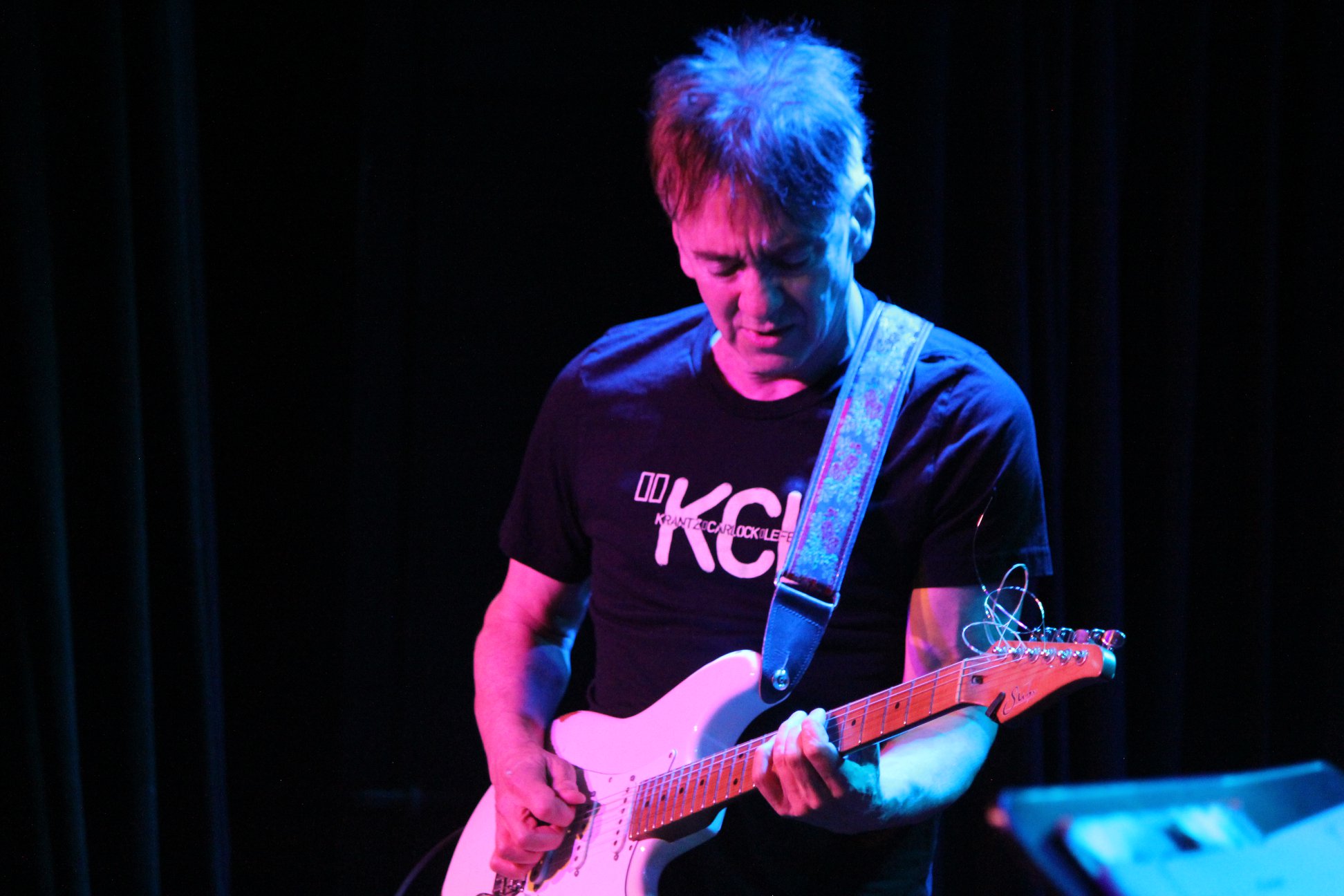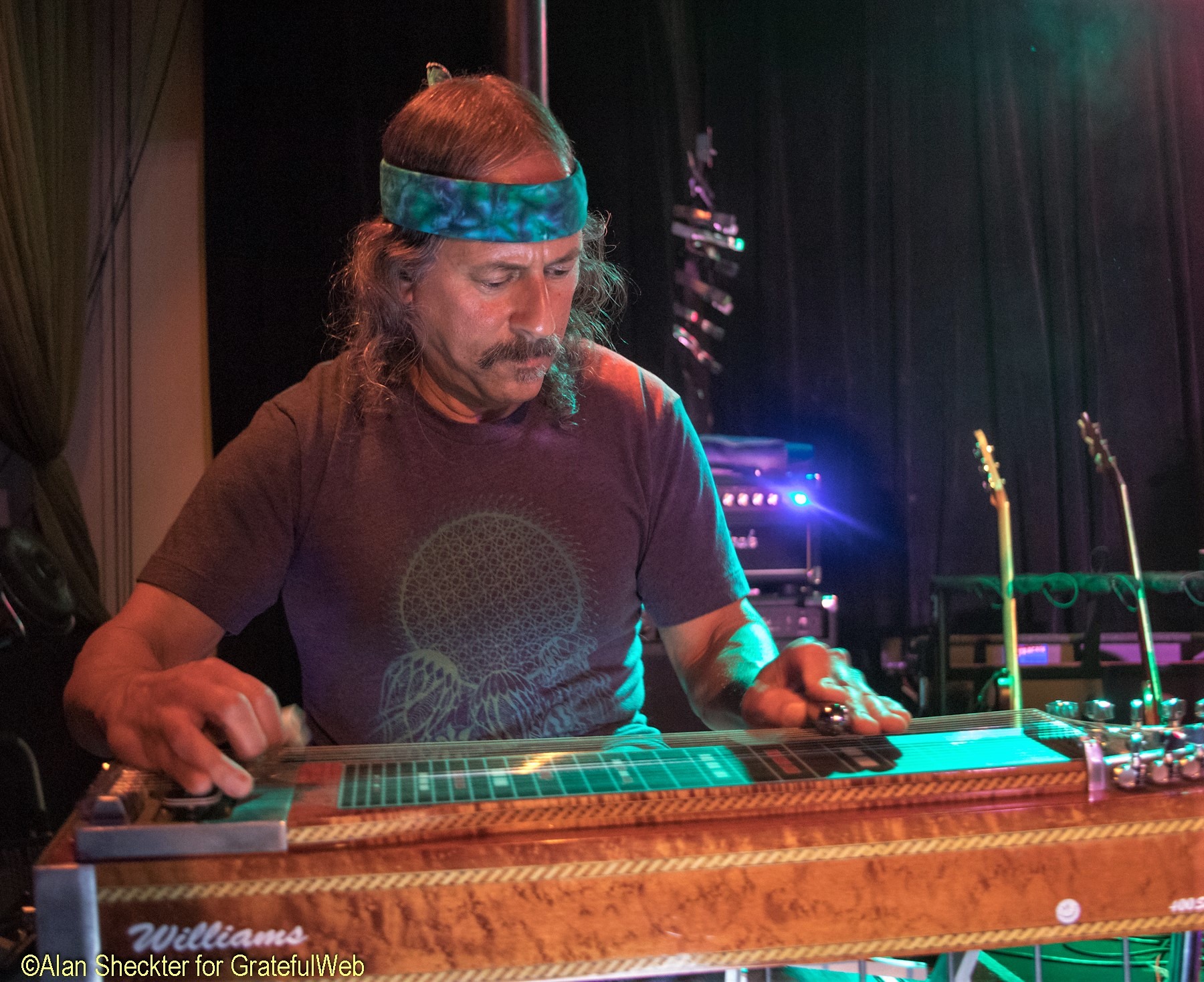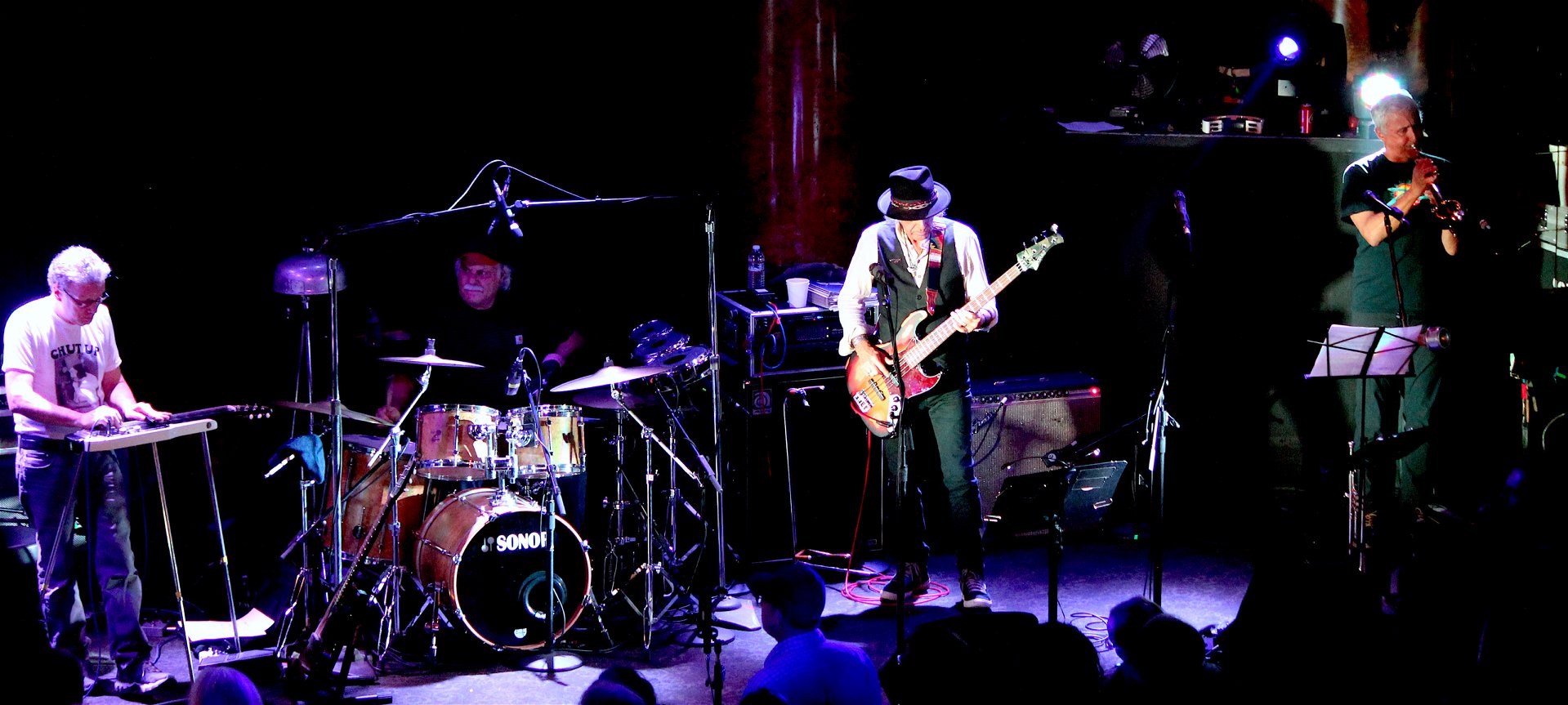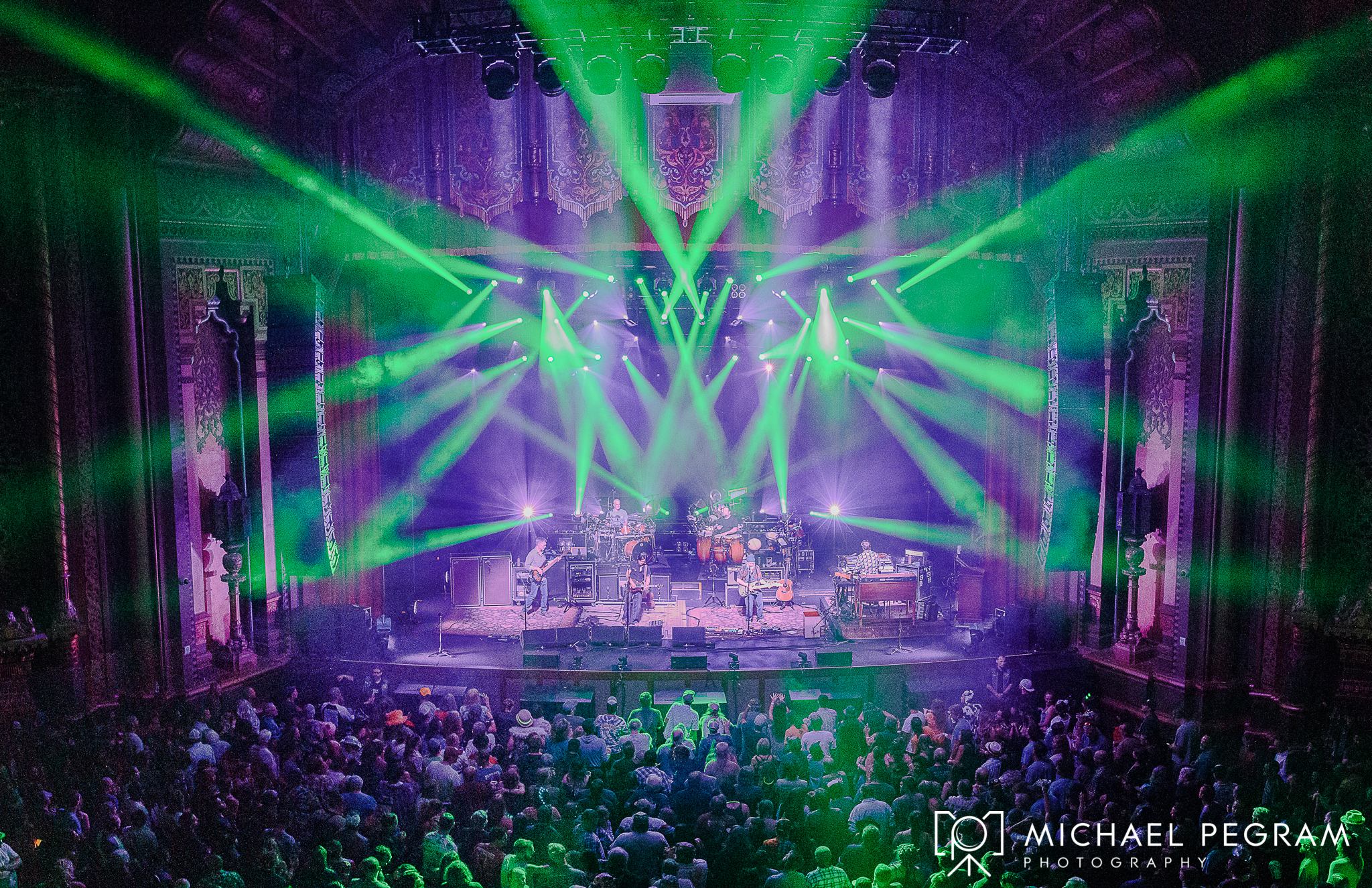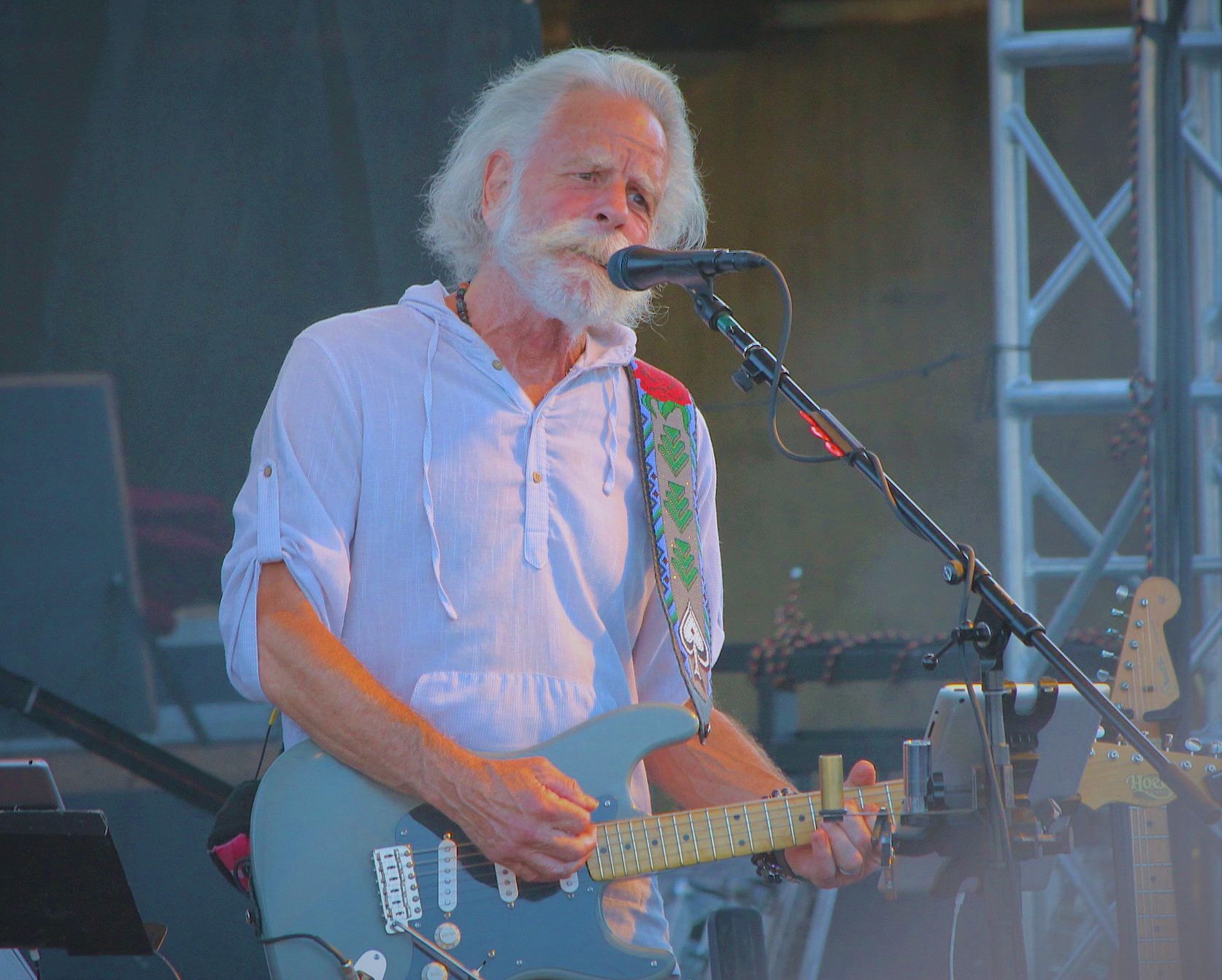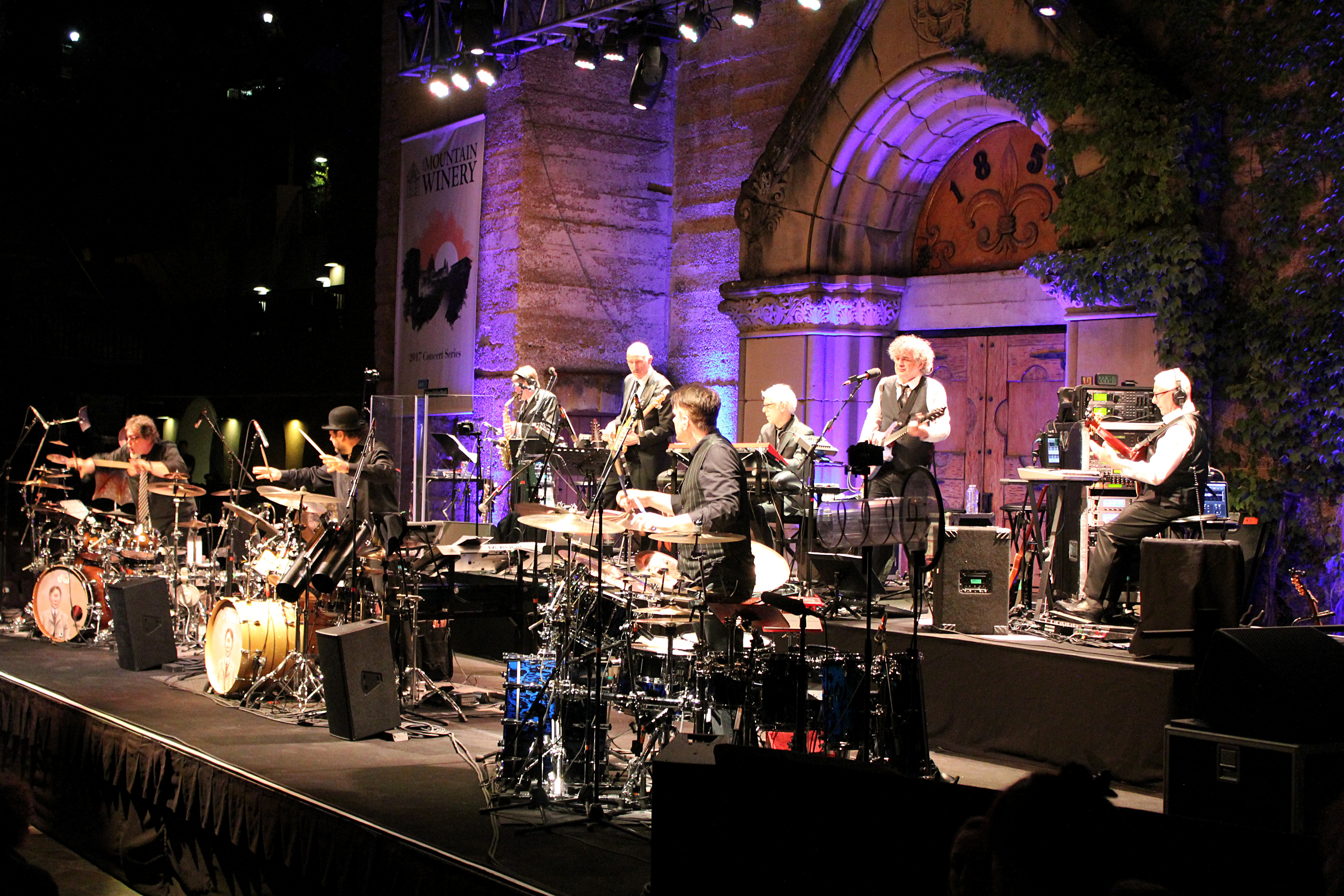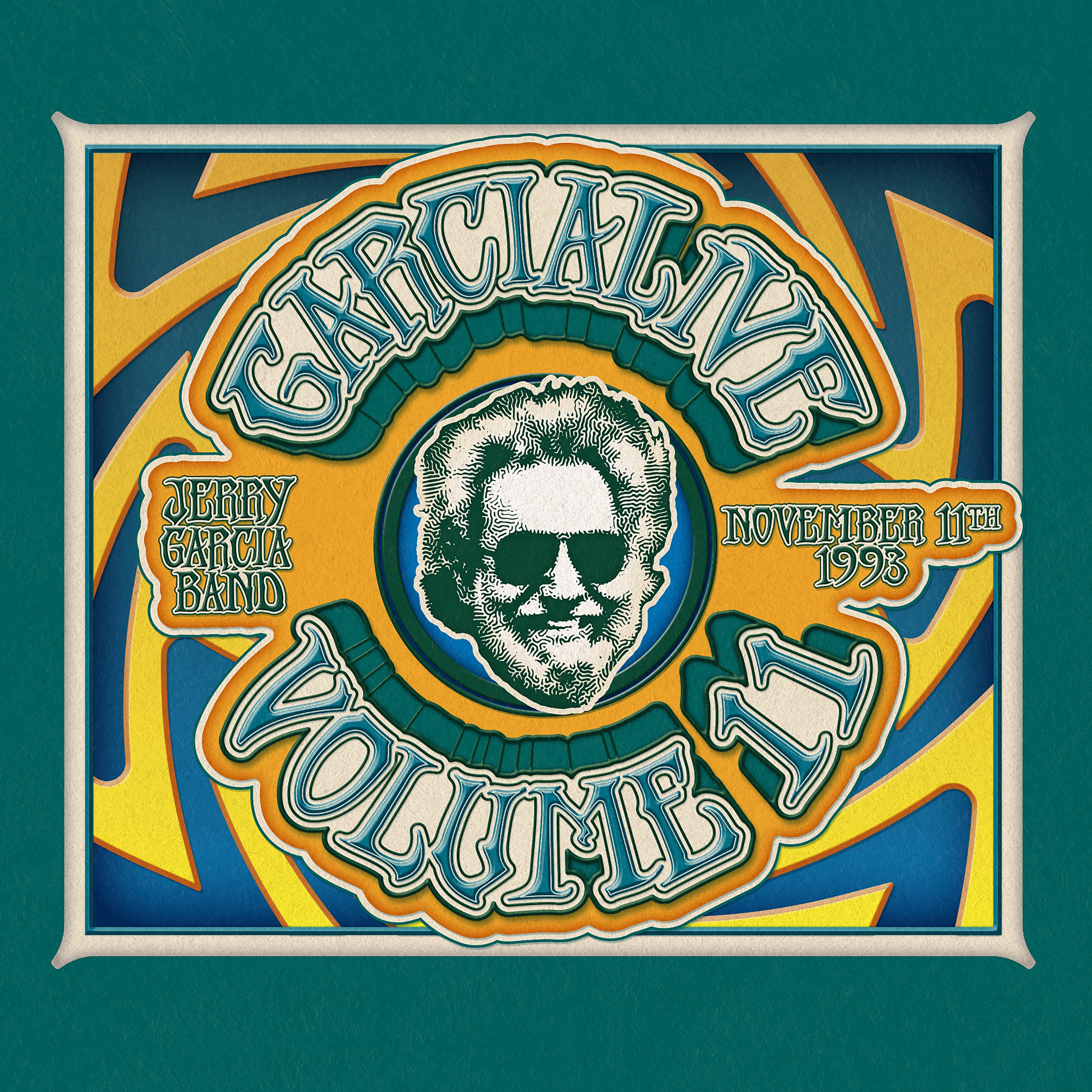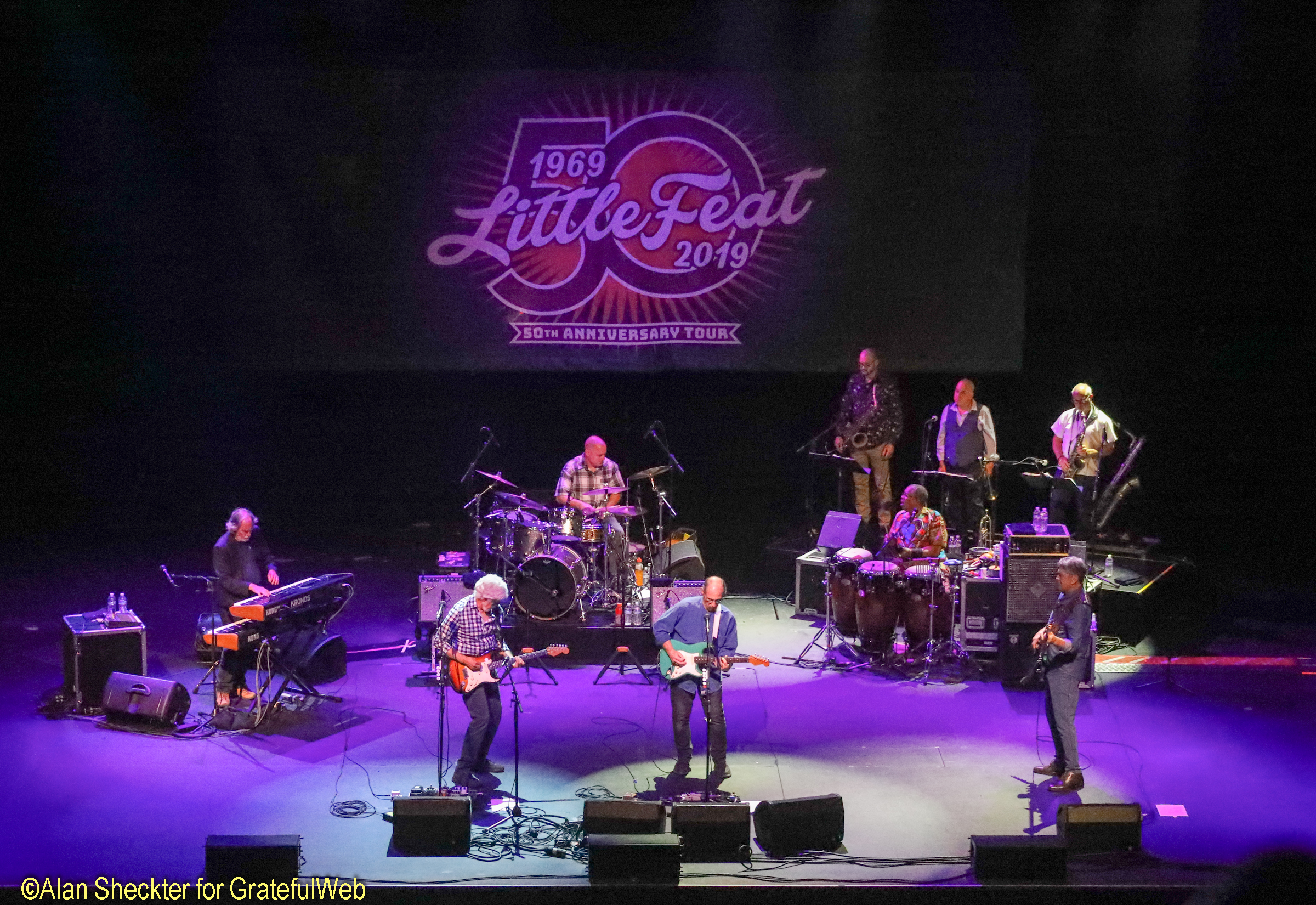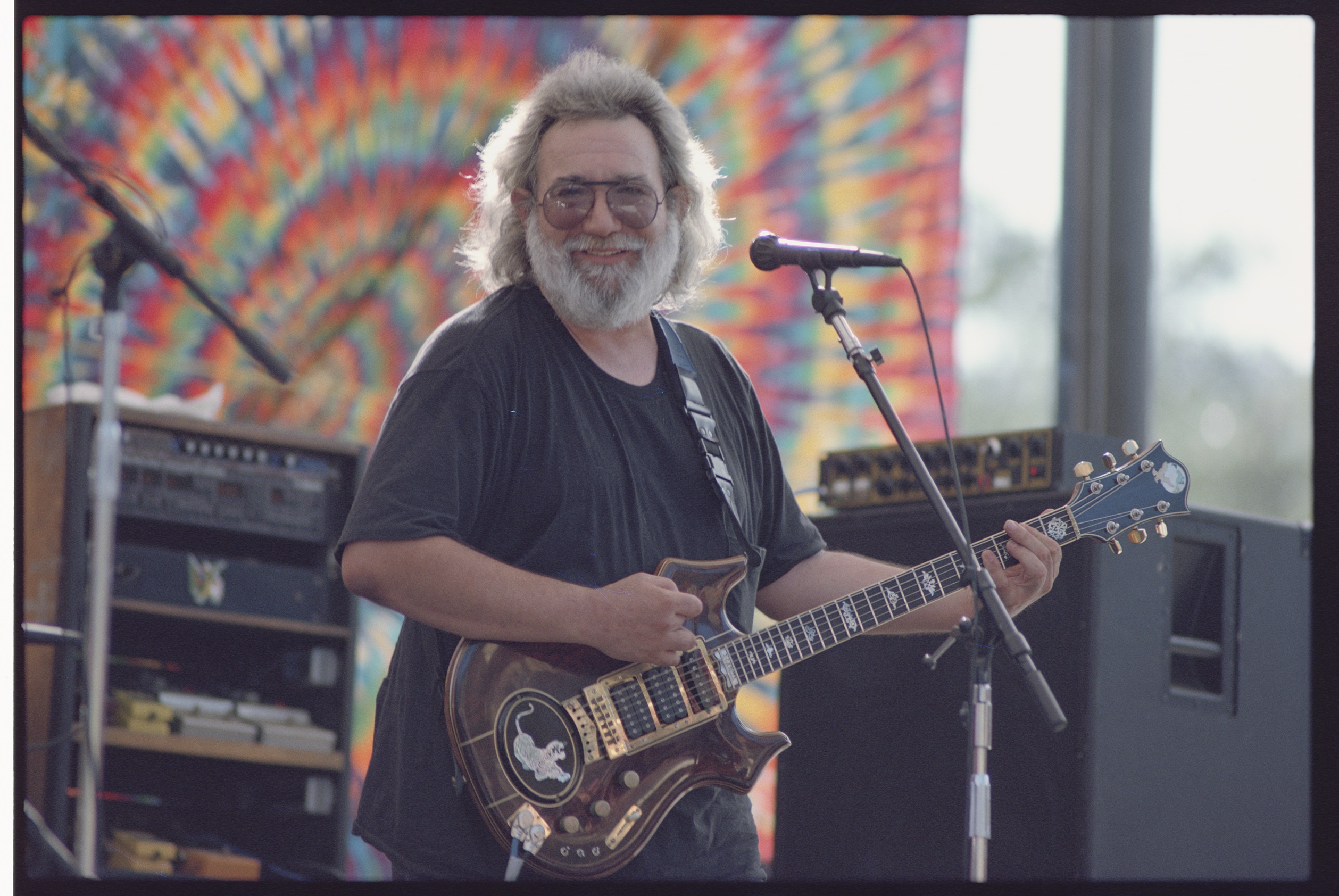GW: This is Dylan Muhlberg of Grateful Web here with Bay Area music legend Greg Anton. Greg began his professional career in the late 70s drumming with Keith and Donna Godchaux’s Heart of Gold Band. Later he cofounded the prolific Jam Band Zero. Since he’s participated in countless musical endeavors and projects. He’s a lawyer and an advocate for marijuana legalization. And now he’s an author. But instead of an autobiography he wrote a novel. Set in 1970s San Francisco and centered on a brilliant guitarist and songwriter whose quirks keep him alienated from the big time success. Woody’s brilliant new love song catches the attention of music biz bigwigs but he must deal with the tribulations of success. Anton’s Face the Music has received critical praise from both the literary and musical communities. Thanks for joining us today Greg.
Greg Anton: Well thank you so much for having me Dylan and thank you for supporting the arts!
GW: That’s what were all about! Why did you choose a work of fiction as your debut book instead of writing an autobiography on your own diverse experiences?
Greg: I don’t know. I don’t really think I’m personally that interesting. [Laughs] But I have a lot of thoughts on music. I thought instead of just telling people my thoughts about music I would try to show what they are and put that in a fictional setting to demonstrate how things happen for musicians. And I think that anybody that’s been to a concert or any kind of gig either onstage or in the audience will recognize most of the stuff in this book.
GW: Yeah. It’s universally relatable whether you’re a musician or not. How long did it take you to write Face The Music?
Greg: I’ve been working on it my whole life. Taking notes and thinking about this project. I really got serious about it in the last ten years. I went through it cover to cover about a hundred times. Trying to get it just how I wanted it. At some point it was time to let go. And I got a small publisher in San Francisco, Plus One Press behind it. They helped me quite a bit and we got it out!
GW: Excellent. Was it challenging as a drummer to write expressively about the craft of guitar playing?
Greg: Well you know Dylan, it was just recently pointed out to me that there’s about three sentences in the book about drummers and the rest of the book basically is about playing guitar or music generally. It’s because my prospective my whole life playing drums, when I look around me, all I see is guitar players. [Laughs] That’s what I wrote about, from my prospective, looking out from the drums. I’ve been truly lucky to play with some of the greatest guitar players in rock ‘n’ roll. I’m fascinated by their focus and I love electric guitar music.
GW: Absolutely, it’s a strong level of musical empathy. Elaborating on the last question, most musicians or artists in general cringe at the idea of describing their creative process. Yet you describe systematically and philosophically musical creation. Was this something that developed as you were writing or did you know it was important to include the play-by-plays of musical artistry?
GA: That’s a good question. It’s a little of both. I had some ideas and I did my best to let the characters tell me what they wanted to say and what they wanted to do. It was a fascinating process.
GW: The book is chock full of deprecating humor and vivid anecdotes its really about the struggles and triumphs of the human condition. Are we all in it together or is everybody alone?
GA: I think there’s no question that we’re in it together even though people try to go about it alone. I think we’re just one big organism that is interacting. And I think music is an expression of all that interaction.
GW: Well put. Though the books message is primarily about the uplifting spirit of music it also reveals the dark and deceitful sides of the music business. Did you include this aspect in your novel out of some less pleasant real-life experiences
GA: Besides being a musician I am also a lawyer. I’ve seen the efforts of artists asserting their rights. Our culture does not encourage art or artists as much as some other cultures do. It’s really difficult to get by. That’s what I tried to get across. Musicians are often so focused on their music that it’s all they can do. And when it comes to talking to their landlord or their girlfriend or doing anything besides playing music that’s when it gets difficult. I’m thankful for all those great artists dedicating themselves to the expression.
GW: The book in 1975 San Francisco instead of contemporary. It’s not set during the summer of love. It’s not set now. Why 1975? Why San Francisco?
GA: I just felt that was where my roots are. I was originally writing the book to take place in 2014 in Los Angeles. As I was going along I talked to my editor about it and said lets go back to where I know what to write about and what attracted me to California originally was the music coming out of the San Francisco area. I just thought it had more honesty that other kinds of music though I really do love all kinds of music. At that time when creativity was burgeoning in the 60s and 70s I think San Francisco was one of the centers of many creativity at that time. To tell you the truth Dylan I don’t know what happened to the summer of love.
GW: It’s interesting living here seeing where that music and spirit still exists. Improvisational spirited music isn’t always embraced in the mainstream or by the current generation.
GA: There’s still a lot of great live music in the Bay Area. There’s live music all over it world. People just can’t get along without music it seems.
GW: There’s a style and sensibility to that time and music. I’m sure there’s quite a bit of nostalgia there for you.
There’s too much chutzpah in your characterizations for this to be a total work of fiction. Would you say there are certain personal or autobiographical aspects of your experiences as a working musician?
GA: Unquestionably. The main character Woody is a guitar player. He writes a song about his girlfriend Stephanie. It gets stolen. There’s a legal battle and that’s where I brought my two careers into play as a musician and lawyer. I think Woody is a conglomerate of all the musicians I’ve played with and I took the stuff that was interesting to me about them and put it in my book.
GW: A main topic in the book is the concept of artistic ownership. If one artist takes a concrete idea from another but reworks it into their own and then becomes successful off that, who is the true owner? What are your thoughts and feelings on this mater?
GA: That’s a good question also. I think it’s a contribution. Some people including myself have credited songs to someone who provided the environment for the creative process. In my book part of the credit of the song goes to the guy who gave his buddy some pizza when he really needed it [Laughs].
GW: So a contribution but not the creator. It doesn’t get that title as creator.
Woody, your protagonist in Face The Music is mused by his lover to write a love song. He aptly names it “Stephanie.” The book again and again illustrates the power that the song has over those who hear it. And you have actually gone and recorded your own new song “Stephanie” with lyrics by Robert Hunter. Can you talk about recording this?
GA: I gave the book to Hunter. He liked the book. I said the books about a love song. And I asked him for a love song. He gave me a beautiful love song. I am so honored to work with the guy. He’s one of the best songwriters working today in America in my opinion. The guy is so prolific and creative. He’s got a style of his own and I couldn’t have asked for a finer lyricist to do this. I was lucky enough to get some beautiful lyrics from him.
So then I went and recorded the song with guitarist Steve Kimock and keyboardist Melvin Seals, bassist Robin Sylvester and vocalist Tim Hockenberry. We just mixed the song last month and now it’s available on I-Tunes or you can hear it on my website GregAntonMusic.com and there’s also information about the book there.
GW: Is the song going to be worked into your live repertoire?
GA: I hope so.
GW: We hope so too. Did you preemptively write the music to this song before the book was finished? Did this develop into fruition recently?
GA: I’ve been working on the music for a couple years and then I gave it to Hunter and asked him to write the song. When you ask Hunter to write a song you’d better give him some music with it.
GW: Yes he’s one of the fine lyricists of the 20th and 21st centuries but always had a musical partnership to go along with that.
That’s all the questions I’ve got for you today Greg. We want to encourage our readers to support Greg’s brilliant new book. You can buy it at Greg Anton Music.com and select retailers. I thoroughly enjoyed the read personally and also enjoyed your book release gig at Sweetwater in Mill Valley gig a few weeks ago. Grateful Web has always been a huge supporter of your music and now we are equally enthused about this new creative chapter of your career.
GA: Well thank you. The book is available in all the usual places too. Barnes and Nobel and Amazon.
GW: It’s so universally relatable regardless whether you’re a musician or not.
Greg: Thank you so much.





